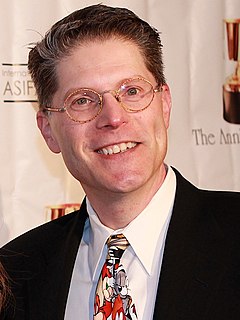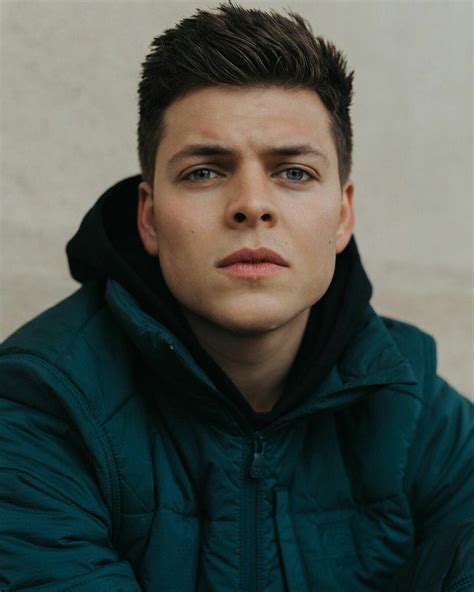A Quote by William Goldman
The Princess Bride S. Morgenstern's Classic Tale of True Love and High Adventure You had to admire a guy who called his own new book a classic before it was published and anyone had a chance to read it.
Related Quotes
Chapter One. The Bride." He held up the book then. "I'm reading it to you for relax." He practically shoved the book in my face. "By S. Morgenstern. Great Florinese writer. The Princess Bride. He too came to America. S. Morgenstern. Dead now in New York. The English is his own. He spoke eight tongues." Here my father put down the book and held up all his fingers. "Eight. Once in Florin City...
I'm not someone who has a list of great books I would read if I only had the time. If I want to read a particular so-called classic, I go ahead and read it. If I had more time, I would certainly read more, but I'd read the way I always do - that is, I'd read whatever happened to interest me, not necessarily classics.
Victor Vigny: It is like the old fairy tale. The boy saves the princess; they fall in love. He invents a flying machine - along with his dashing teacher, of course. They get married and name thier firstborn after the aforementioned dashing teacher. Conor: I don't recall that fairy tale from the nursery. Victor Vigny: Trust me, It's a classic.
I figured if I write a modern thriller but spliced in the DNA of a classic western - the drifter who comes into town with secrets - I could do something interesting with both genres. Westerns are also an incarnation of the classic knight errant tale, the lone warrior with a moral code, and I love those types of stories.
I've heard people ask, What's so sacred about a classic books that you can't change it for the modern child? Nothing is sacred about a classic. What makes a classic is the life that has accrued to it from generation after generation of children. Children give life to these books. Some books which you could hardly bear to read are, for children, classic.
My high school had been a renovated old hospital, so when I first came to the UCLA campus in the spring of 1965, I was immediately impressed by the classic northern Italian architecture that was mixed with futuristic ultra-modern buildings. The classic architecture gave it the heft of old wisdom while the modernistic look inspired hope for the future.






































